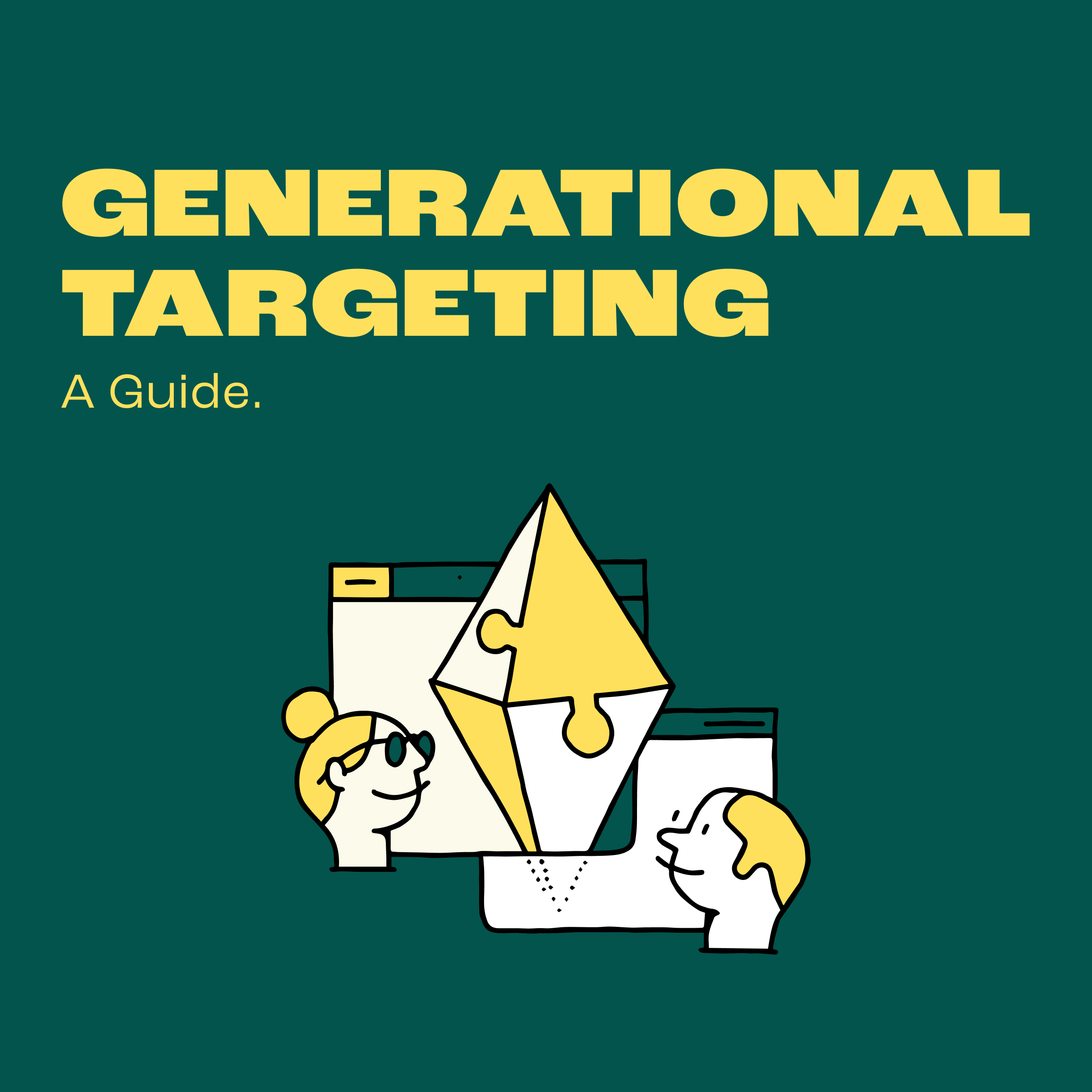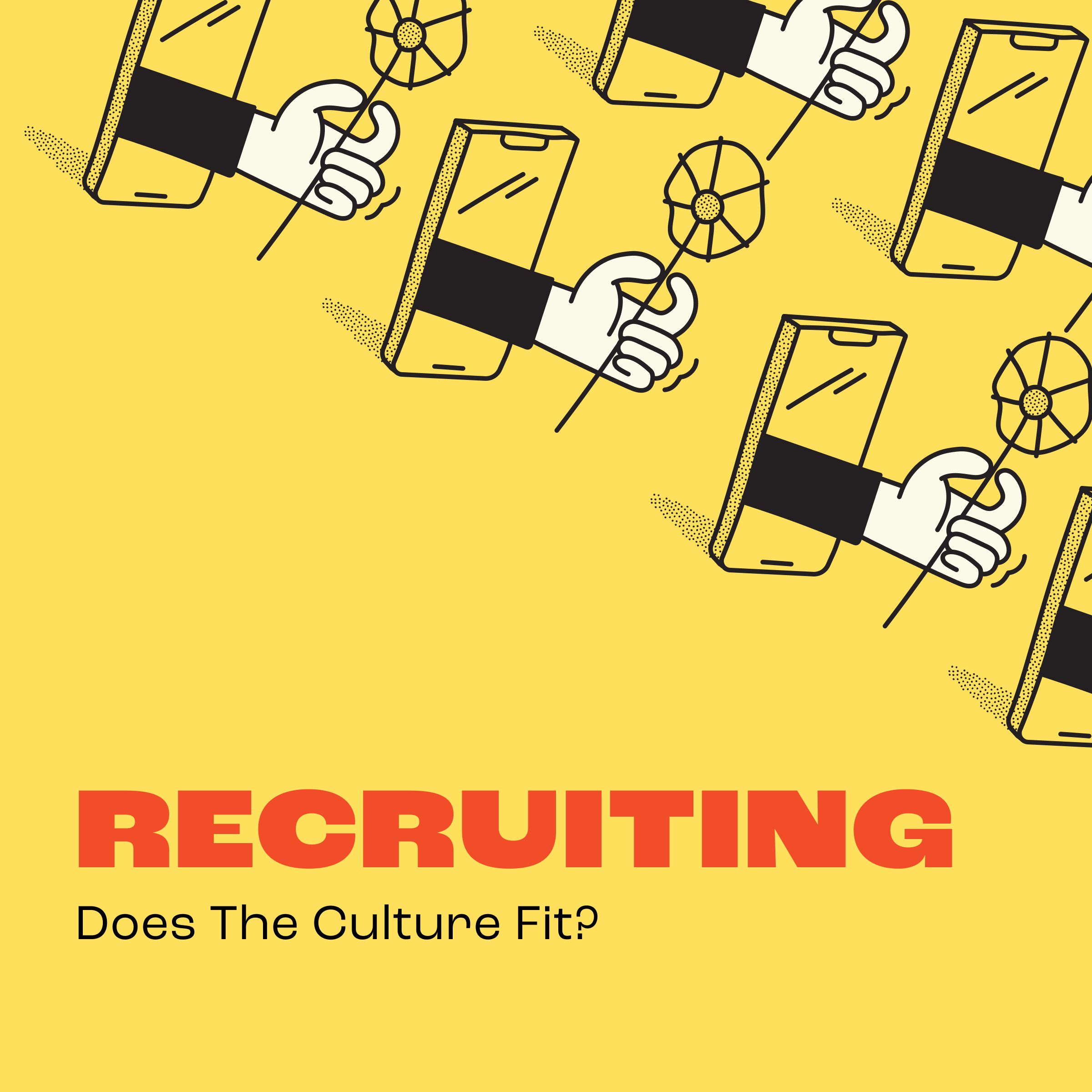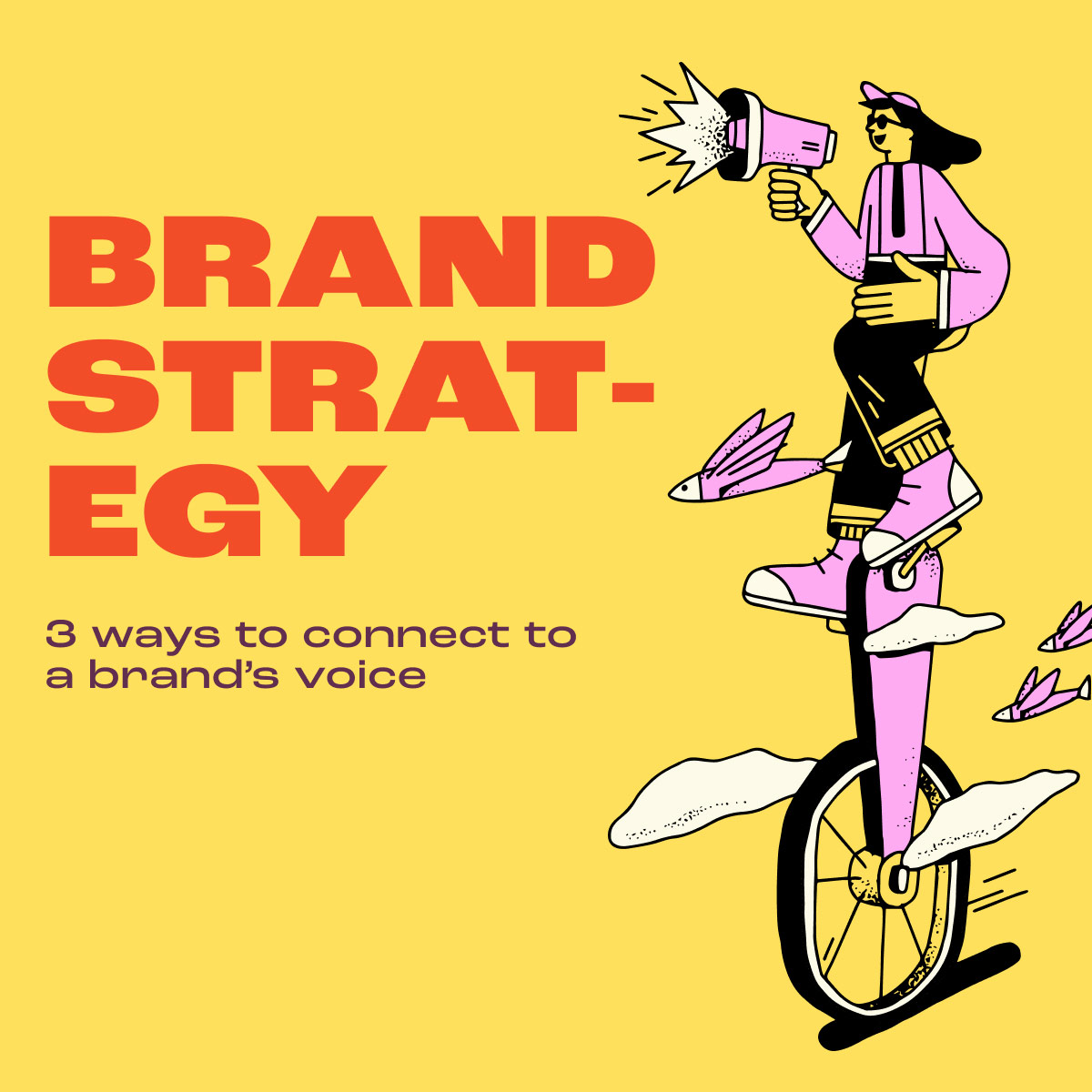When I was home sick from school as a kid, I planted myself in front of the TV and got a great education in daytime television programming. Live with Regis and Kathy Lee preceded the Price Is Right, and then when the soaps started, I’d take a nap until Jerry Springer came on.
What I remember more than the iconic “You are NOT the father!” episodes of Jerry Springer are the stark differences in advertising that ran in daytime versus primetime. Primetime ads were slick, highly produced, and sometimes even entertaining. Daytime ads, by contrast, were low quality and often showcased ambulance-chasing law firms, reverse mortgage options, or medical devices I knew little about. What I did know, however, was that the same guy who starred in The Walton’s was pitching diabetes testing supplies…Wilfred Brimley.
The days of simple endorsements were soon replaced by what we now know as “influencer marketing.” In fact, due to the ubiquity of social media, this type of niche marketing grew to the point that influencers became famous for nothing more than being influencers and brand ambassadors.
Herein lies the problem: If one’s job is simply to endorse products, then the supposition is that they are paid to do so. And if that’s the case, then how genuine is the endorsement? This disingenuity comes not only with fabricated reviews but also with other issues such as fake followers, bot technologies, and, yes, the pandemic, too. Influencer marketing was once a genuine voice providing educated and trusted recommendations but has now become hijacked by the drive to monetize every possible thing on the internet (read: greed).
As it turns out, Wilfred Brimley, the actor who starred in The Walton’s reruns I watched, had type 2 diabetes and did use Liberty Medical for testing supplies, which made his endorsement of the company genuine. This allowed potential customers to trust that he was endorsing the product without bias. Unfortunately, today, the knowledge that an online influencer’s motivation is driven by endorsements or sponsorships—regardless of whether they truly believe in a product or service—has turned audiences off. Influencer marketing once felt like advice from a friend. Not like someone trying to sell you snake oil.
Although they’re not quite dead, some companies are pulling the plug on online influencer campaigns, as many consumers are turning to comment sections and favored forums (subreddits, TikTok trends, and Discord servers, to name a few) and scoffing at the idea of influencers as trusted sources of information. Instead, we now favor a more authentic approach that prioritizes both listening and talking and can be applied across the social media landscape based on who we want to speak to.
All this is not to say there is no longer a time and place for influencer marketing, as it can be powerful when used appropriately. Rather, it shouldn’t be used as a blanket solution for every advertiser. And regardless of whether or not we employ an influencer, or use any other tactic for that matter, we must remember three key tenets of engagement:

HUMANIZE YOUR BRAND
Join the trusted online communities that exist across the internet and go beyond the obvious social networks. While there, be a person and have two-way, authentic conversations with the most engaged members. As trust is established with key members, the rest of the community is more likely to follow suit. This takes time and patience, but that’s how genuine trust is built.

RESEARCH RULES
Each generation favors different networks and communities across the social media landscape. Whom we are looking to reach will absolutely define where we focus our efforts. Getting this wrong can upend good intentions; getting it right is more powerful for a brand than any influencer.

RESPOND AFTER LISTENING
If you’re going to engage an audience, make sure you’re really listening before responding. This means hearing and accepting audience/consumer feedback and making contributions to the community in response. Being a genuine part of the community can’t be faked.
The endorsement of a product or service (be it blatant or implied) when thoughtfully executed can still be a useful tactic in certain scenarios for certain goals. Just know that, while the rules of engagement have changed greatly over the years, being authentic and genuine will never go out of style.


